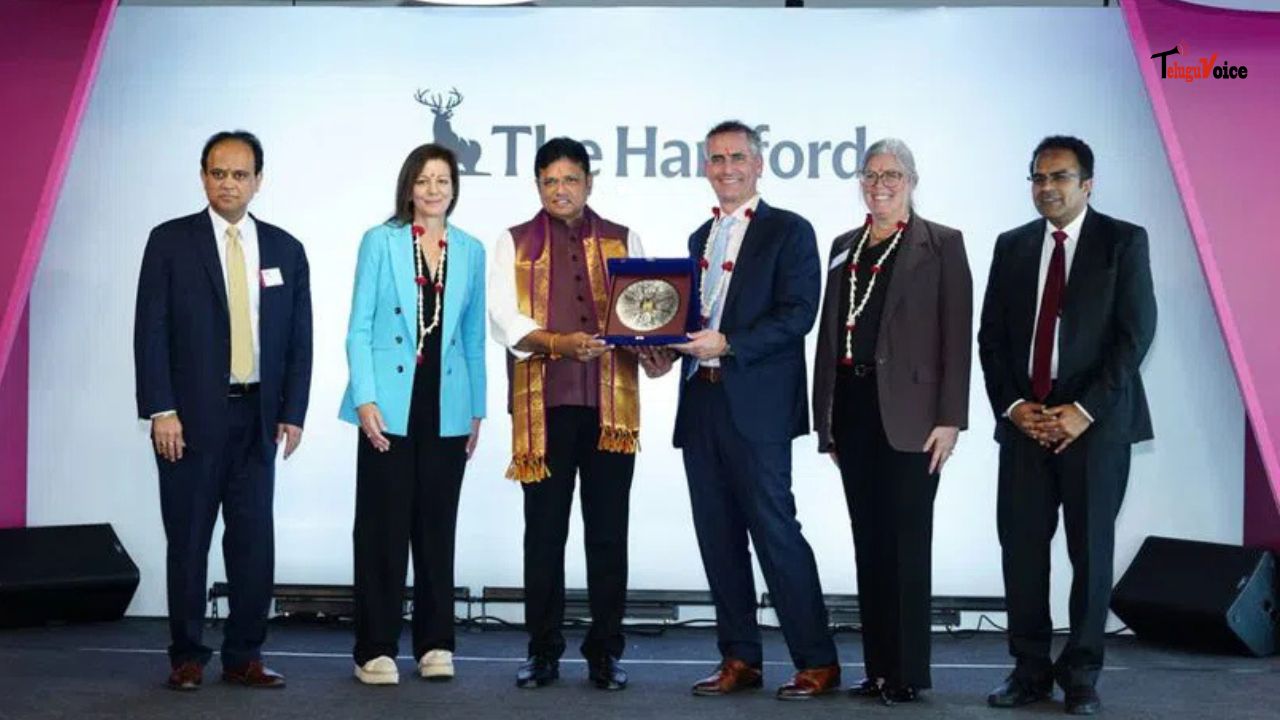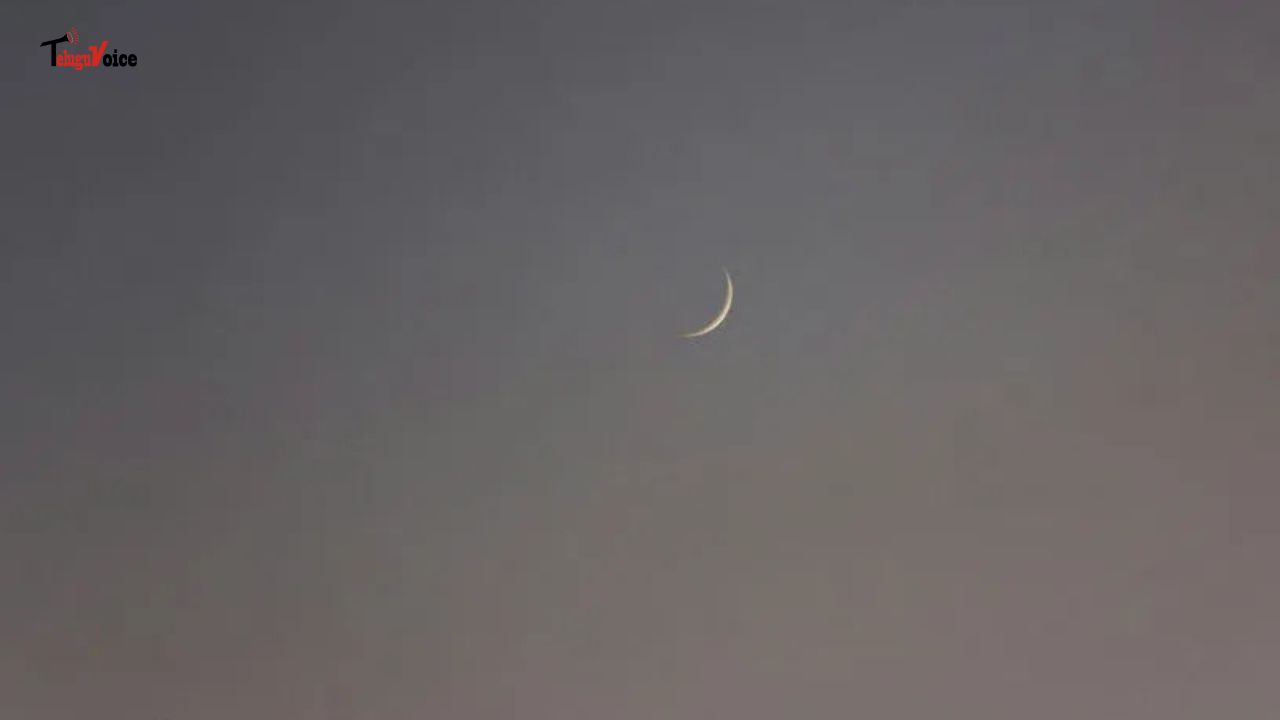H-1B Visa Fee Hike Strains Indian IT Companies

The recent hike in H-1B visa fees has raised significant concerns among industry representatives and immigration experts, warning it could create major challenges for Indian IT service providers. These companies heavily depend on H-1B visas to bring highly skilled professionals to the US to fill specialty positions that are in high demand but short supply, according to an ET report by Annapurna Roy.
In April, the USCIS implemented substantial fee increases for various immigration processes. The H-1B visa registration fee skyrocketed by 2050%, rising from $10 to $215, and the application fee increased by 70%, from $460 to $780. Additionally, a new $600 asylum fee was introduced for filing H-1B and other petitions, which experts argue is unrelated to non-immigrant work visas like the H-1B.
Shivendra Singh, vice president of global trade and development at industry association Nasscom, said, "The drastic percentage increase and added asylum fee all at once makes things difficult." An analysis by the National Foundation for American Policy suggests that the visa fee hikes could result in employers spending over $33,000 in legal and government fees for each H-1B visa petition filed for initial employment or employment extension.
Jonathan Wasden, managing attorney at immigration litigation firm Wasden Law, warned that the new rules might force Indian IT companies to withdraw from the visa process altogether. Unlike companies such as Apple and Google, which may only file one H-1B petition every three years, IT firms are likely to incur significantly higher costs due to the need to file petitions more frequently. Wasden believes this is a deliberate attempt by the USCIS to eliminate Indian IT companies from the H-1B program. "They are trying to make the process so expensive for companies doing third-party placement that they will go out of business," Wasden told ET.
Wasden represents US industry body IT Serve Alliance, one of the plaintiffs challenging the fee rule in court. Nasscom also expressed concerns about the impact of the fee hikes on their member companies. Shivendra Singh emphasized that the increase in filing fees comes at a time when there is a significant demand-supply gap in skill availability. He warned that measures complicating and raising the cost of addressing this gap could substantially impact the ease of doing business and adversely affect the competitiveness of the US economy.
In addition to the fee hikes, Singh pointed out that proposed modernization rule provisions, which aim to narrow the criteria for 'specialty occupation' and H-1B employees staffed at third parties, could have serious consequences if implemented in the future.
While some experts believe that the fee hikes will lead to a decrease in the use of H-1B visas over time, others suggest that companies will continue to bear the costs to secure the skills they desperately need. Cyrus Mehta, managing partner at immigration law firm Cyrus D. Mehta & Partners PLLC, noted that Indian heritage companies have started to absorb the fee increase, viewing it as a cost of doing business in the US. However, he cautioned that the fee increase could become a burden, particularly for India-born workers caught in green card backlogs, as H-1B extensions will need to be filed repeatedly on their behalf.

 South Africa tour of India 2019
South Africa tour of India 2019










Comments